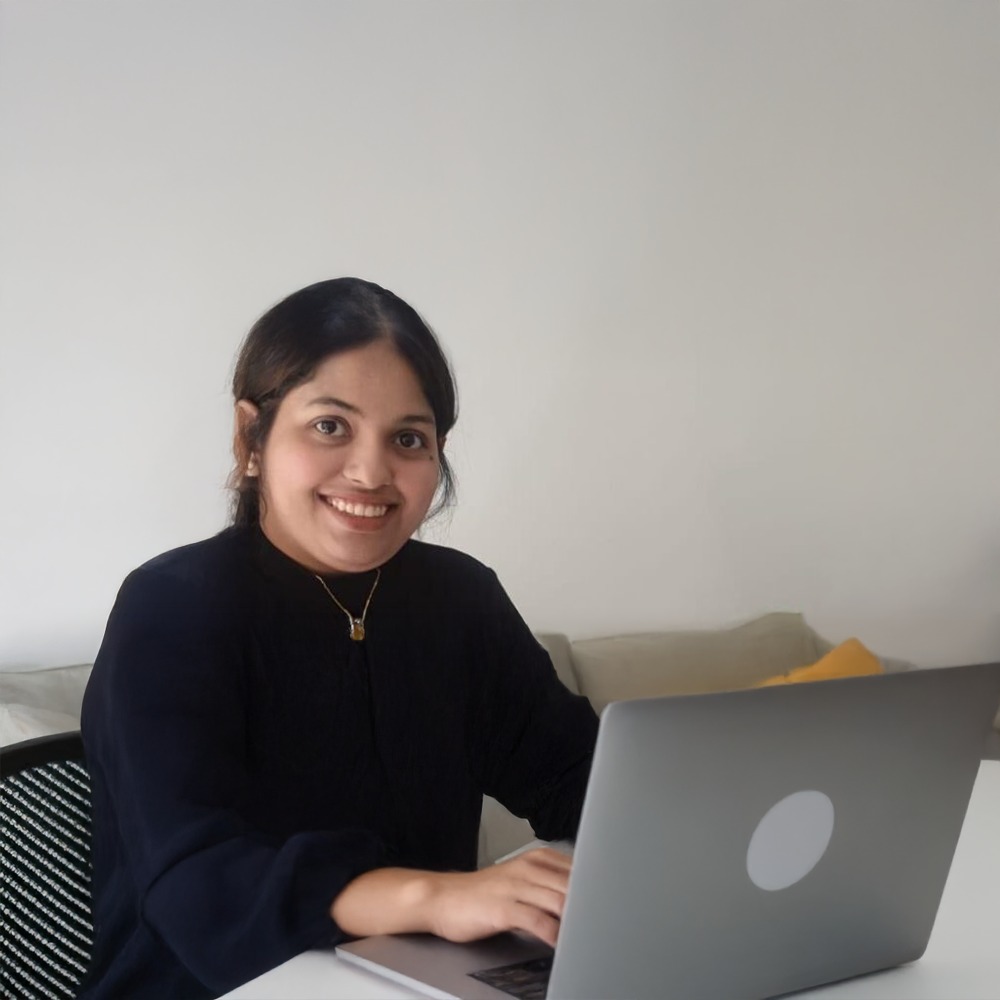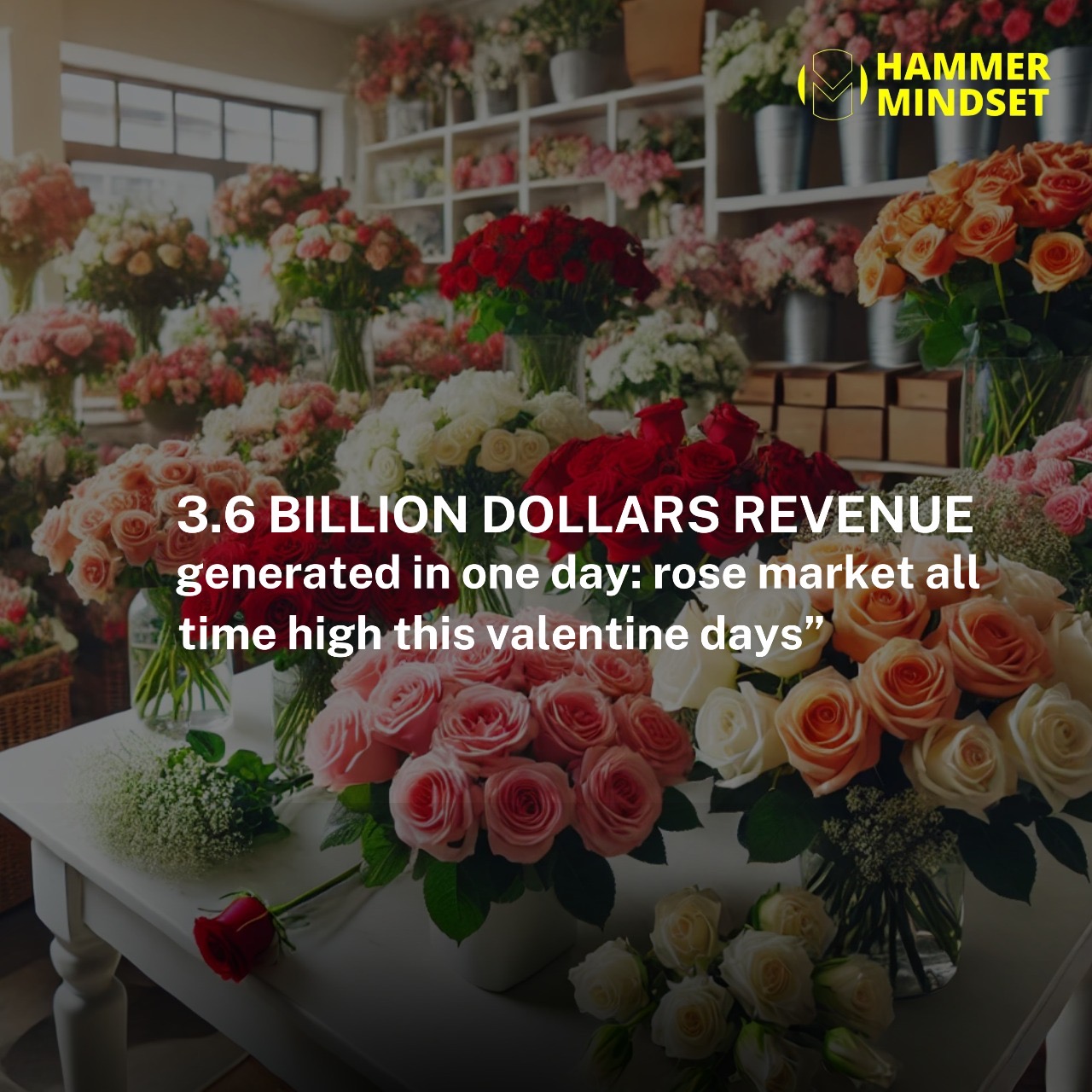The United Arab Emirates, known for its vibrant multicultural society and deep-rooted Islamic traditions, is gearing up for another set of national holidays in June. After the recent Eid Al Fitr break brought joy to families and communities across the nation, the focus now shifts to the next significant Islamic events: Arafat Day and Eid Al Adha. These holidays are not only religiously significant but also offer a period of rest, reflection, and celebration for millions of residents across the UAE.
As the crescent moon soon ushers in the final days of the Islamic pilgrimage season, the spirit of unity and festivity once again permeates daily life. Government entities, private sector businesses, and families are already preparing for what could potentially be another extended weekend, allowing for travel, gatherings, and cultural observances. The anticipation around these holidays reflects the importance of religious and social traditions in the UAE’s calendar and underscores the nation’s continued efforts to maintain a balance between faith, work, and personal well-being.
The Significance of Arafat Day in Islamic Tradition
Arafat Day is considered one of the most sacred days in the Islamic calendar. It falls on the 9th day of Dhul Hijjah, the 12th and final month of the Islamic lunar calendar. This day holds profound spiritual significance, particularly for Muslims performing the Hajj pilgrimage in Makkah. On this day, pilgrims gather on the plain of Arafat, near Makkah, where Prophet Muhammad (PBUH) delivered his Farewell Sermon. It is a day of intense prayer, reflection, and supplication, and marks the pinnacle of the Hajj rituals.
For Muslims not on pilgrimage, Arafat Day is also an opportunity for spiritual engagement through fasting and prayer. According to Islamic teachings, fasting on Arafat Day is believed to expiate the sins of the previous year and the coming year. This underscores its importance as a time of spiritual cleansing and renewal.
In the UAE, Arafat Day is observed as a public holiday, giving residents the opportunity to participate in religious activities or spend valuable time with family. Mosques host special sermons, and community centers often organize discussions or charitable events. As a public holiday, it also sets the stage for the extended Eid break that follows.
Eid Al Adha: The Festival of Sacrifice
Immediately following Arafat Day is Eid Al Adha, or the Festival of Sacrifice, celebrated on the 10th day of Dhul Hijjah and lasting up to three days. It commemorates the willingness of Prophet Ibrahim (Abraham) to sacrifice his son in obedience to God’s command—a test of faith that culminated in divine mercy, with a ram being provided as a substitute.
Eid Al Adha is marked by a special congregational prayer held in large open grounds or mosques across the UAE. This prayer, followed by a sermon, brings together Muslims from all walks of life in a communal expression of faith and gratitude. It is customary for families to perform Qurbani, or the ritual sacrifice of an animal, which is then distributed among family, friends, and the less fortunate.
The holiday emphasizes values of charity, humility, and unity. In the UAE, charitable organizations ramp up their efforts to provide meals, distribute clothes, and support underprivileged communities, echoing the spirit of sharing that defines Eid Al Adha. Moreover, it is a time for visiting relatives, sharing traditional meals, and reconnecting with cultural roots, making it one of the most cherished holidays in the Islamic world.
Anticipated Holiday Dates and Public Sector Planning
Though the official dates of Arafat Day and Eid Al Adha are based on lunar sightings and will be confirmed closer to the time, estimates suggest that Arafat Day will fall on Saturday, June 15, 2025, with Eid Al Adha beginning on Sunday, June 16 and continuing through Tuesday, June 17. These dates are subject to moon sighting announcements by the relevant authorities in Saudi Arabia and the UAE.
If confirmed, this sequence of holidays could result in a long weekend or potentially a five-day break for public and private sector employees, depending on government announcements. This has sparked widespread anticipation among residents who may be planning domestic trips, regional getaways, or extended time with loved ones.
Government departments are expected to issue detailed circulars regarding working hours and official closures well in advance. Educational institutions will also align their schedules accordingly, with many schools likely to observe a full break during the Eid holidays, allowing families to travel or engage in cultural festivities without interruption.
Economic and Social Impacts of the Holiday Season
The holiday period around Arafat Day and Eid Al Adha is more than a spiritual observance—it significantly boosts economic activity across various sectors. Retail outlets, hospitality chains, tourism operators, and airlines often see a surge in demand, with families booking vacations or making festive purchases. Malls and shopping centers across the UAE gear up for this season with special promotions, cultural entertainment, and extended hours to cater to the holiday crowd.
The hospitality industry, in particular, benefits from this festive season. Hotels in Dubai, Abu Dhabi, and other emirates offer Eid packages with themed dining options, family-friendly events, and wellness retreats. Travel agencies report increased bookings, both domestically to popular destinations like Ras Al Khaimah and internationally to nearby countries such as Oman, Saudi Arabia, and the Maldives.
Socially, the holidays provide a platform for reinforcing familial bonds. Many expatriates living in the UAE use this time to reconnect with relatives abroad or to host family members visiting from their home countries. Meanwhile, UAE nationals often organize gatherings that highlight Emirati hospitality, featuring traditional dishes such as lamb ouzi, harees, and luqaimat, accompanied by performances of folk music and dance.
Religious and Cultural Events Across the Emirates
In keeping with the UAE’s commitment to celebrating Islamic holidays with reverence and inclusivity, numerous religious and cultural events are held during the Eid Al Adha season. These include special prayers at the Grand Mosque in Abu Dhabi and other major mosques throughout the country, public lectures on the spiritual meaning of the sacrifice, and exhibitions showcasing Islamic art and history.
Public parks, community centers, and waterfront promenades are often venues for Eid carnivals and fireworks displays that attract residents and tourists alike. Dubai Festival City, Global Village, and Abu Dhabi’s Corniche typically feature prominently on the holiday calendar, drawing large crowds for family entertainment.
Municipalities work alongside police and emergency services to ensure public safety, manage traffic flow, and provide assistance during crowded events. Local governments also support initiatives that highlight sustainability, such as environmentally friendly Qurbani practices and waste management during large public gatherings.
Preparations by Families and Businesses
In the weeks leading up to the holidays, households begin their preparations in earnest. Shopping for new clothes, home decorations, and gifts for children becomes a priority. Butchers and meat suppliers experience increased demand due to Qurbani rituals, leading to logistical coordination with health departments to ensure hygienic and lawful practices.
Businesses often use this time to recognize employee contributions through bonus schemes, holiday gifts, or flexible working hours. Corporate offices and retail stores also decorate their premises with Islamic motifs and offer themed services to attract customers. Online retailers participate in Eid sales campaigns, offering discounts across clothing, electronics, and home goods.
Families planning to travel during this period are advised to make arrangements early due to the seasonal rush. The UAE’s airports are expected to operate at peak capacity, with authorities enhancing immigration and customs procedures to accommodate the influx of travelers.
A Time of Spiritual Reflection and Community
While Arafat Day and Eid Al Adha are times of celebration and leisure, their core significance lies in spiritual reflection and communal values. For Muslims, it is a period to reaffirm their faith, express gratitude, and extend generosity to others. The rituals performed during this time are deeply symbolic, representing submission to God, empathy for the less fortunate, and the strengthening of social bonds.
In a multicultural country like the UAE, where citizens and expatriates from diverse backgrounds coexist, these holidays also foster greater understanding and respect among different communities. Non-Muslim residents often participate in community events, share meals with neighbors, and learn about Islamic traditions, contributing to the social cohesion that defines the UAE.








